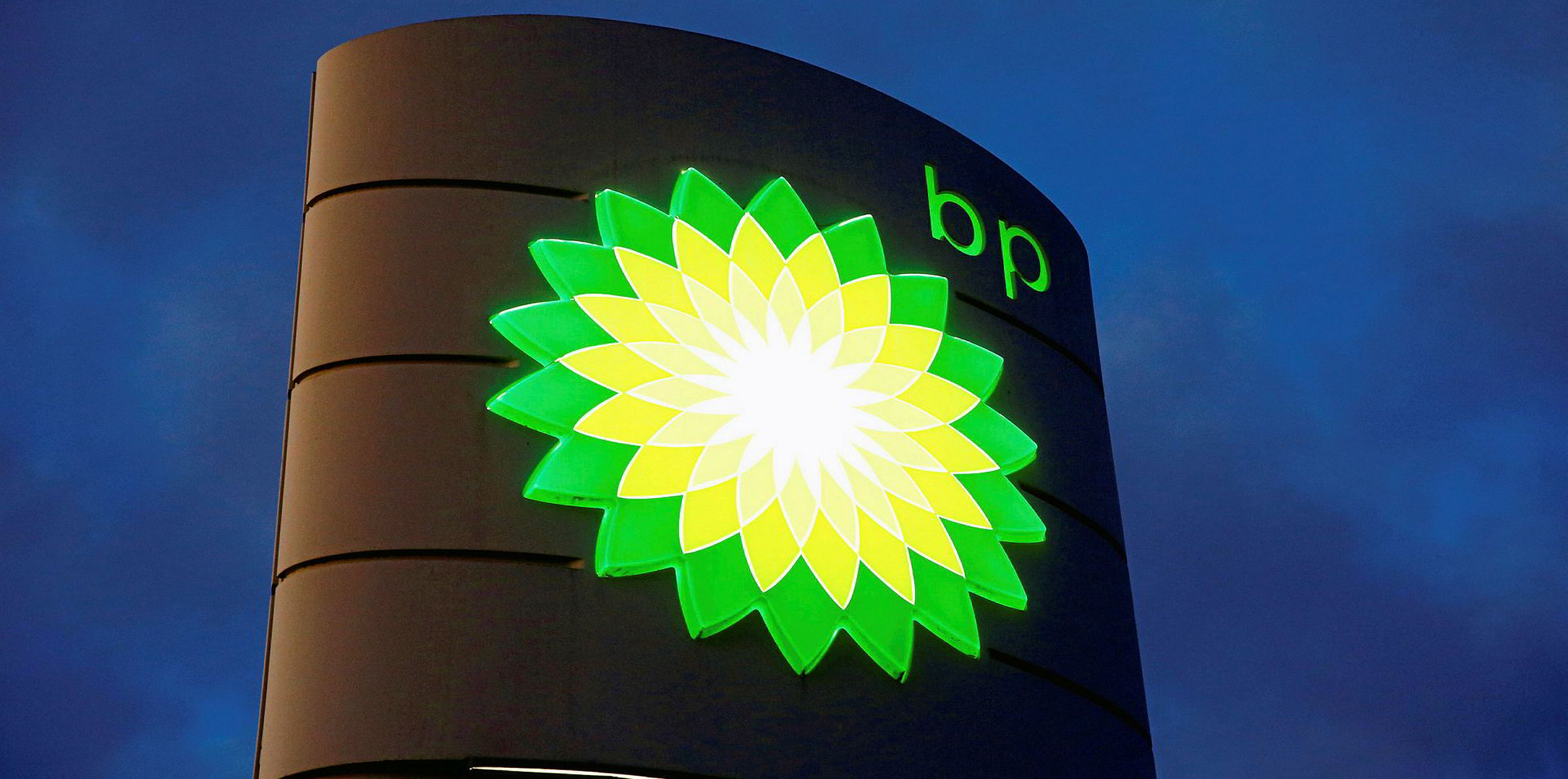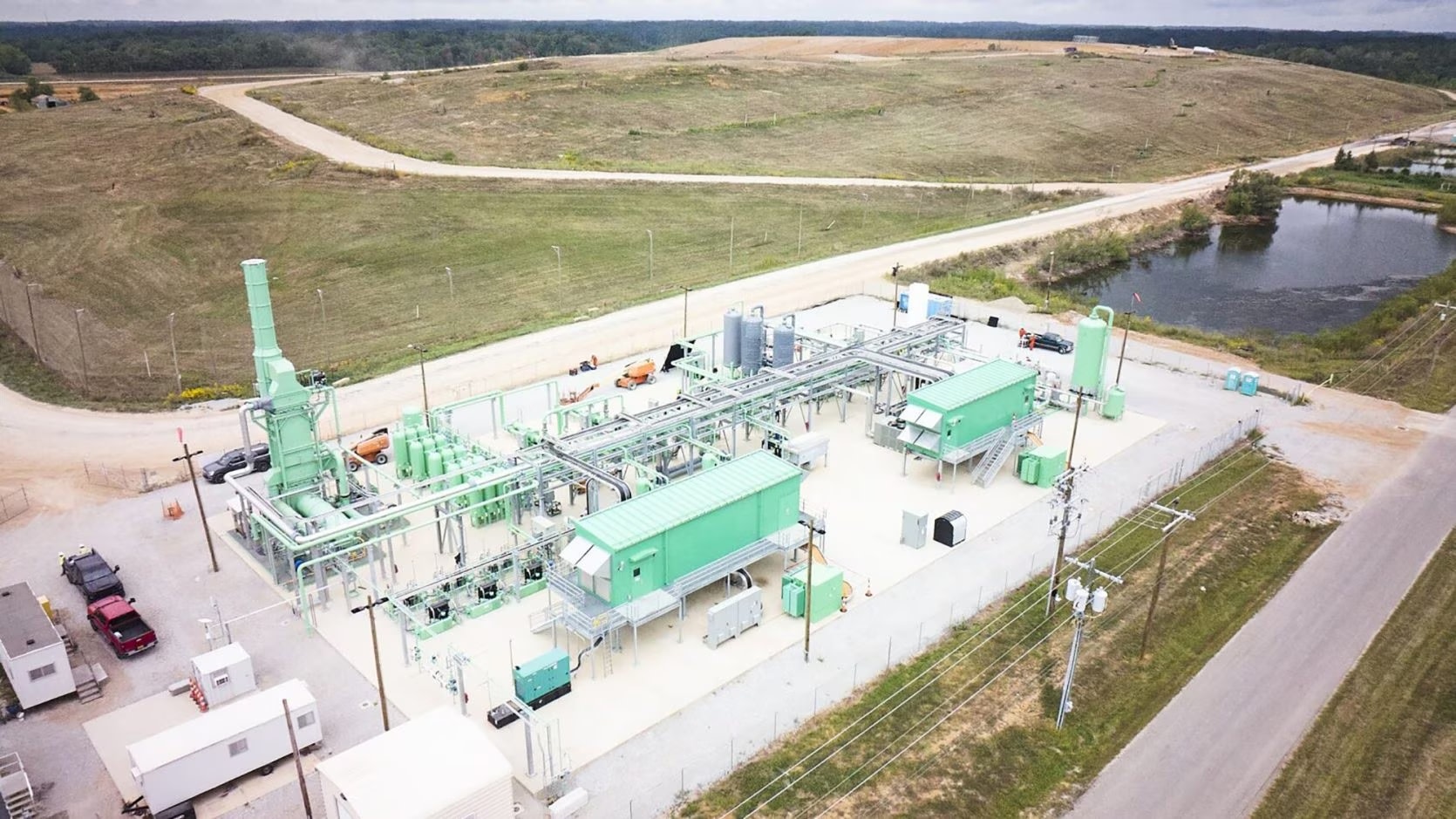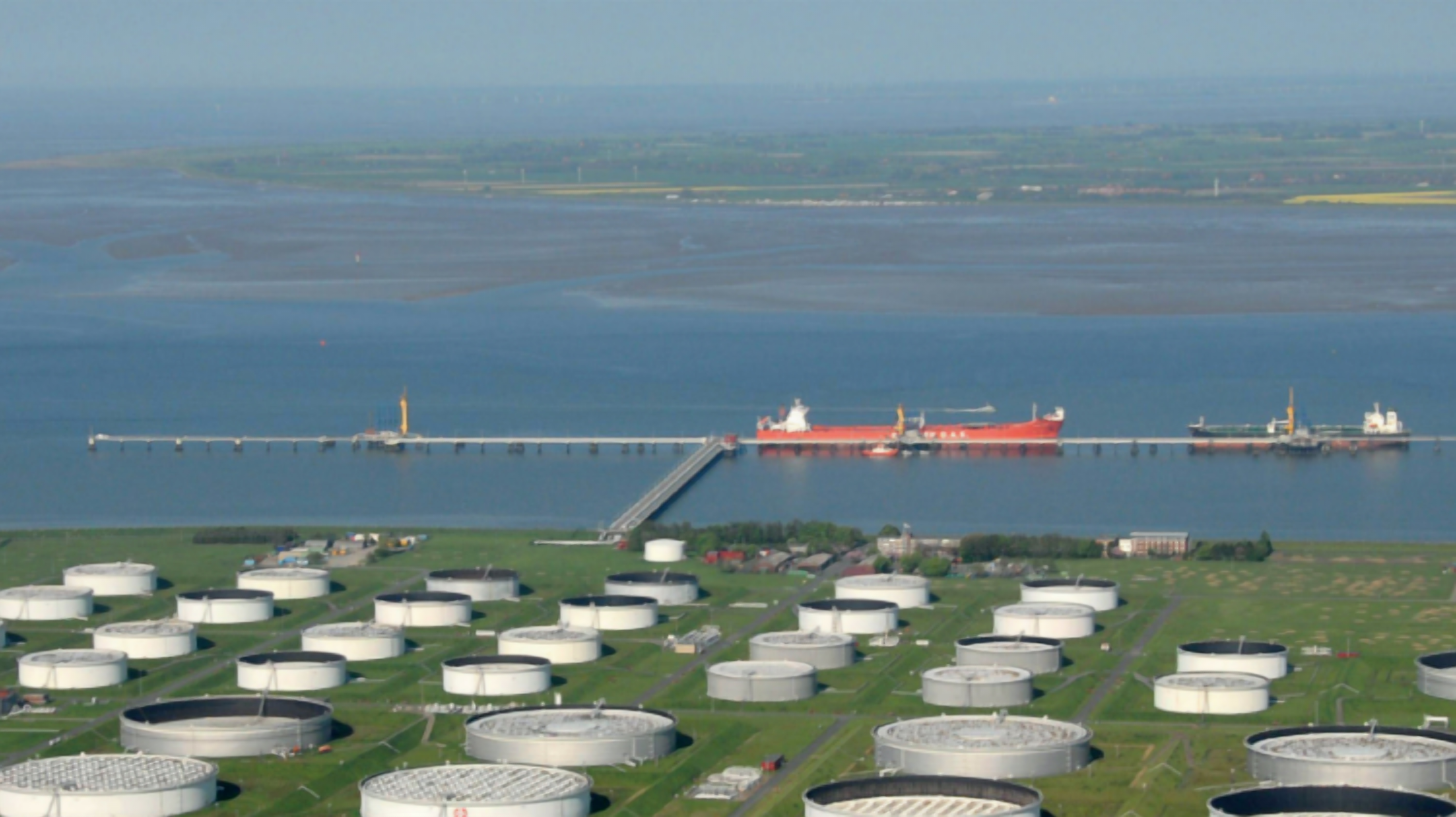Energy Companies & Greenwashing
bp PLC

Due to rising oil costs as a result of Russia's invasion of Ukraine in 2022, one of the world's largest energy companies, British Petroleum (BP), saw a doubling of profit to USD 27.7 billion. The company's climate ambition targets, to reduce its carbon emissions by 35–40% by 2050 to achieve the global net zero goal, have been abandoned as a result of the company's yearly growth earnings. To focus on the expanding energy demand around the world, the oil and gas company has now stated that it is aiming for a 20–30% reduction in carbon emissions.
Other significant oil and gas corporations have also forecast record annual revenues, with Shell at USD 41.6 billion, and ExxonMobil and Chevron at $55.7 billion and $36.5 billion, respectively. The sector has come under renewed fire from climate activists who are calling for a tougher windfall tax, since they make enormous profits from high gas prices while the average person and business are forced to deal with sharp increases in energy costs.
So, what is the truth behind the sudden rise in profits in the energy sector? Is this simply an act of greenwashing by energy companies or do they actually possess any meaningful climate strategies
Energy Prices
According to the International Energy Agency (IEA), during the COVID-19 shutdown, demand for electricity declined significantly in Europe and India due to the restrictions but gradually increased once the restrictions were loosened. India's recovery appeared to be stronger and more rapid than that of the EU. After weather adjustments, the demand for electricity has recovered and is presently higher than it was in 2019. Since Russia invaded Ukraine, there has been an exponential rise in demand for higher energy prices, particularly in Europe.
Since mid-2021, the price of energy has been growing steadily as a result of pent-up demand fueled by the post-pandemic rebound and significant market tightness. As a result of rising residential and commercial energy costs and a surge in the demand for electricity around the world, energy firms are reaping enormous profits.
Featured Article: What Are The Main Greenwashing Tactics Companies Use?
Raking In Profits
The Norwegian state-owned oil giant Equinor, the largest gas supplier to Britain, has been charged with "profiteering" from the energy crisis and rising consumer costs after announcing record annual earnings of £62 billion. Similarly, TotalEnergies, one of the main operators in the North Sea and the largest oil and gas firm in France, declared record yearly profits as well, indicating that its adjusted earnings reached $36 billion and that it will repurchase an additional $2 billion of its own stock. This shows that energy corporations, it seems, have "greenwashed" stakeholders, customers, and potential investors into believing their lie about easing the global energy issue.
A Frail Road To Net-Zero
Achieving the proposed "net-zero" goals by 2050, which the majority of oil and gas companies had adhered to while claiming to combat climate disasters, is further hindered by the fact that household bills have increased due to the rising cost of oil and gas and the number of carbon emissions being produced by energy companies. In fact, BP had earlier pledged that emissions will be 35–40% lower by the end of this decade. It was one of the first companies to express an intention to reduce emissions to net-zero by 2050.
Similar to this, several significant oil and gas corporations have ‘taken the initiative’ to safeguard the environment from climate change brought on by carbon emissions only in response to pressure from investors and shareholders. In order to minimise carbon emissions and strive towards a clean and greener planet, the oil and gas goliaths Equinor, Shell, TotalEnergies, and Repsol have purportedly done the majority of the work, according to a Morningstar 2020 research on emission problems.
Fake Intentions
BP, however, recently stated that it was now aiming for a 20–30% reduction and has scaled down plans to lower the amount of oil and gas it produces by 2030, since it needed to continue investing in these commodities to meet present demand. This raises an important question of whether energy businesses are actually striving towards becoming top green energy companies with sustainability as their top goal or are just engaging in ESG greenwashing in order to increase profits.
The obvious irony here is that the majority of the oil and gas firms which held ambitious climate targets such as Shell, Equinor, and TotalEnergies, have witnessed record-breaking profits, so as a consequence they have put their climate ambitions to the back burner. Profits, it seems, have sidelined global net-zero goals.
Short Cuts & Deterrence
Many businesses frequently also choose unethical methods of measuring in the quest for a high ESG score. For instance, the energy company Tlou made an exaggerated promise regarding ecologically favourable investments, claiming that its gas-to-power project would be "low emissions''' and that the electricity it produced would be carbon-neutral. The Australian Securities and Investment Commission, a regulator, took action against their misbehaviour and fined them A$53,280 ($34,600.03) for greenwashing. Whether this fine constitutes a heavy enough deterrent is debatable.
As ESG reporting gradually shifts into mandatory regulatory territory with the EU’s Corporate Sustainability Reporting Directive (CSRD) taking effect, it is hoped the precedent will be emulated in other national or regional contexts to shore up some of the more obvious ‘gaps’ in corporate governance practices. But, as this transition takes place, what can be done in the meantime to prevent greenwashing?
Stop Fake Advertisements
According to a report by a non-profit organisation fighting online misinformation, Center for Countering Digital Hate (CCDH), the oil business has purchased search ads from Google for $24 million over the past two years. Ads aimed at people who looked for environmental terms like "eco-friendly" and "net zero" cost 40% of this money. Unsubstantiated claims about a company's environmental initiatives are sometimes viewed as deceptive advertising. Therefore, regulation of businesses making net-zero goal claims is necessary.
Foster Transparency
Transparency and trust form the bedrock of sustainable growth. This entails a longer-term, enduring vision of how organisations plot their development, and while many executives and leaders understandably fear that greater public disclosure will harm their reputations, a shift towards a business culture of more transparent reporting, and the data systems that support it, is essential.
Verifiable environmental, social, and governance disclosure, instead of being seen as a threat, is becoming a benchmark of quality management. A firm transition, backed by regulatory instruments, to open public scrutiny instead of appeasement of shareholder interest, is becoming the primary tool for corporate risk management. This is where the tendency to greenwash is being eroded.
Follow more ESG Regulator news to keep up on developments here.






